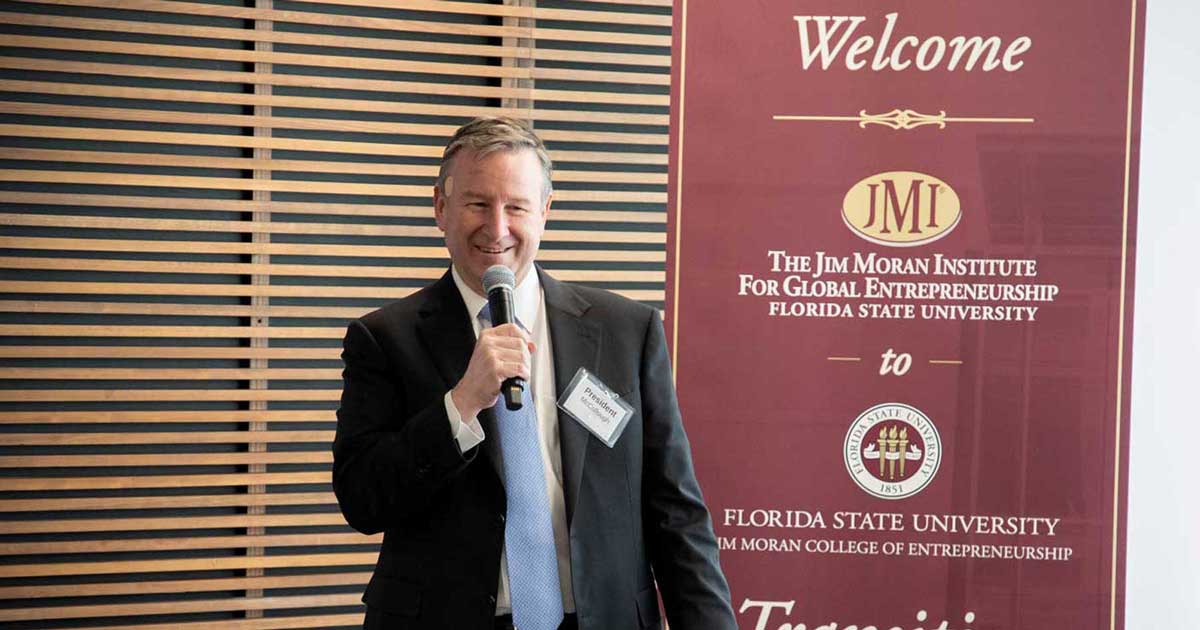The Gabelli School of Business at Fordham University has recently been recognized as one of the top 50 undergraduate schools for entrepreneurship studies in 2025 by The Princeton Review. This prestigious ranking placed the school at 38th nationwide and 5th in the Northeast region. This is a significant achievement for the Gabelli School, as it marks the first time it has been included in this particular ranking.
Dennis Hanno, Ph.D., who leads the school’s entrepreneurship programming, attributes this recognition to the investments Fordham has made in fostering an entrepreneurial spirit among its students. Hanno stated, “We are gaining momentum,” highlighting the increased resources dedicated to the curriculum and initiatives like the Fordham Foundry, which recently celebrated its 10th anniversary. The Foundry plays a crucial role in helping students and alumni launch successful and sustainable companies.
One example of how Fordham introduces entrepreneurship to its students is through “The Ground Floor” course, where first-year students pitch their business ideas to a panel of judges at the end of the semester. This hands-on approach allows students to develop their entrepreneurial skills from the very beginning of their academic journey.
In addition to The Princeton Review ranking, Fordham’s Gabelli School of Business has received other impressive accolades. Poets & Quants ranked the school 21st among the best undergraduate business schools in the country for 2024, while U.S. News & World Report placed the Gabelli School at 77th nationally. The school also received high rankings for specific undergraduate business programs such as finance, international business, marketing, accounting, and entrepreneurship.
Hanno emphasized that entrepreneurship at Fordham extends beyond the Gabelli School, with initiatives like the Fordham Foundry’s pitch challenge open to all students. He highlighted the diverse opportunities available for students to connect with experienced entrepreneurs and engage in entrepreneurial activities regardless of their academic background.
Furthermore, Fordham’s approach to entrepreneurship goes beyond traditional business models. Faculty members like Michael Pirson, Ph.D., focus on humanistic management and sustainable business practices, reflecting a broader definition of entrepreneurship that includes social impact as a major focus. Hanno’s course, Entrepreneurship and Innovation in Rwanda, exemplifies this approach by taking students to Rwanda to work with local entrepreneurs and make a positive difference in the world.
In conclusion, Fordham University’s Gabelli School of Business offers a dynamic and inclusive environment for students interested in entrepreneurship. With a strong emphasis on practical experience, social impact, and innovative thinking, Fordham provides a unique platform for aspiring entrepreneurs to thrive and make a difference in the world.





















